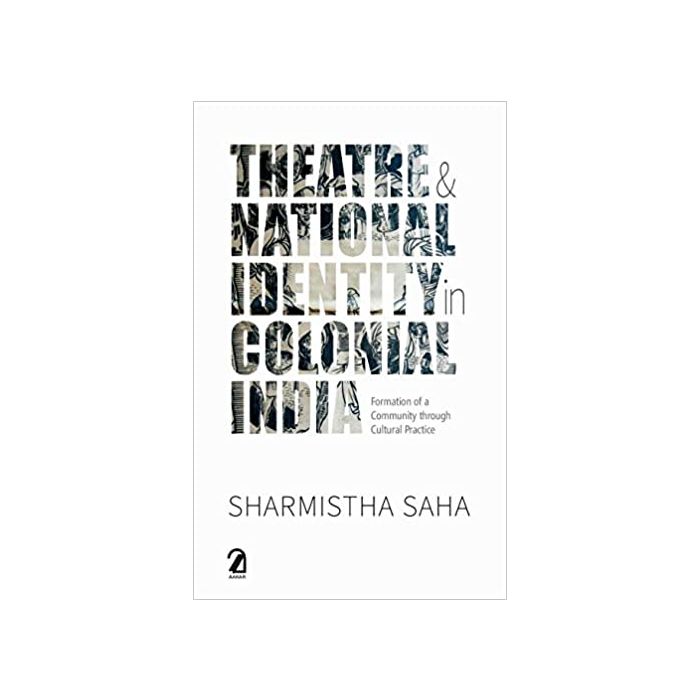Theatre and National Identity in Colonial India
INR 0.00
In stock
SKU
LWB1096
This book looks at the genealogy of the discourse of 'Indian theatre' where the category 'Indian' assumes national identiy which it self-evident. It finds the roots of such grouping in colonial India. It focuses on the transformation of something like the 'grupuscule' or the smallest unit of the group to the 'nation'. In India by the late nineteenth century there was enough discussion in such grupscules often called samiti-s around certain concepts like desh, sanskriti, sabhyata, etc. and theatre/performance became a tool to mould these concepts to create something as the Bharatiya sabhyata o sanskriti or the Indian civilisation and culture which got representation not only in the Republic Day Parade in post-independent India but also in state politics around the arts. It cites moments from Indian colonial history such as the so called coming of 'theatre' in India during the colonial period in Bengal and Bombay presidencies, Indian colonial history's encounter with swadeshi through swadeshi theatre in Bengal and the cultural movement initiated by the Central Squad of Indian People's Theatre Association. In doing so it engages with questions of experience, performance, freedom, institution, modern, nation, etc. not only at a structural-conceptual level but also as philosophical queries.

